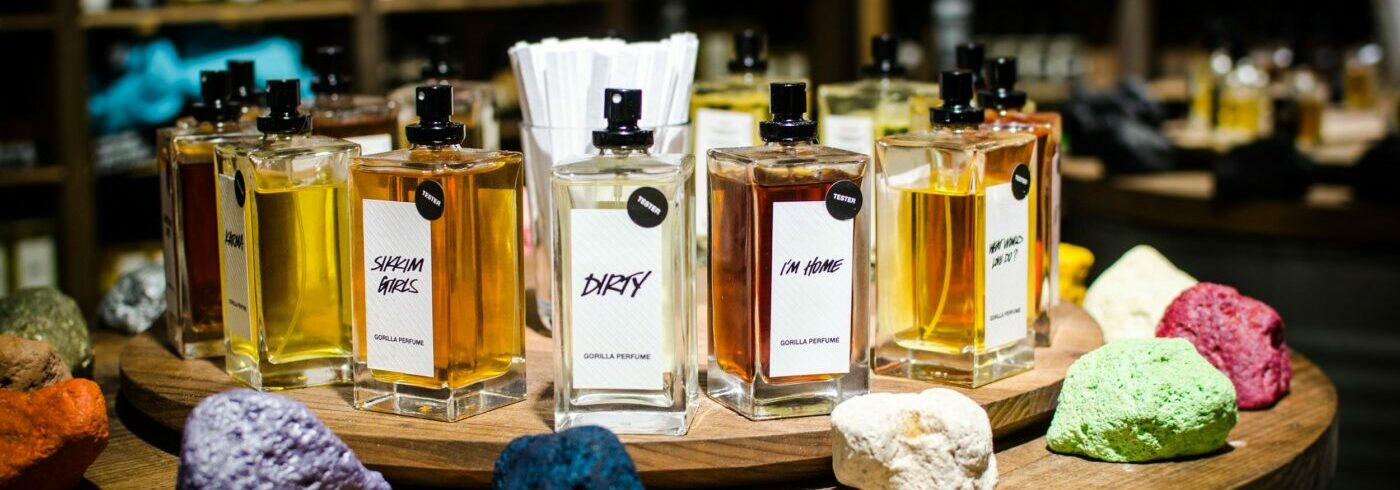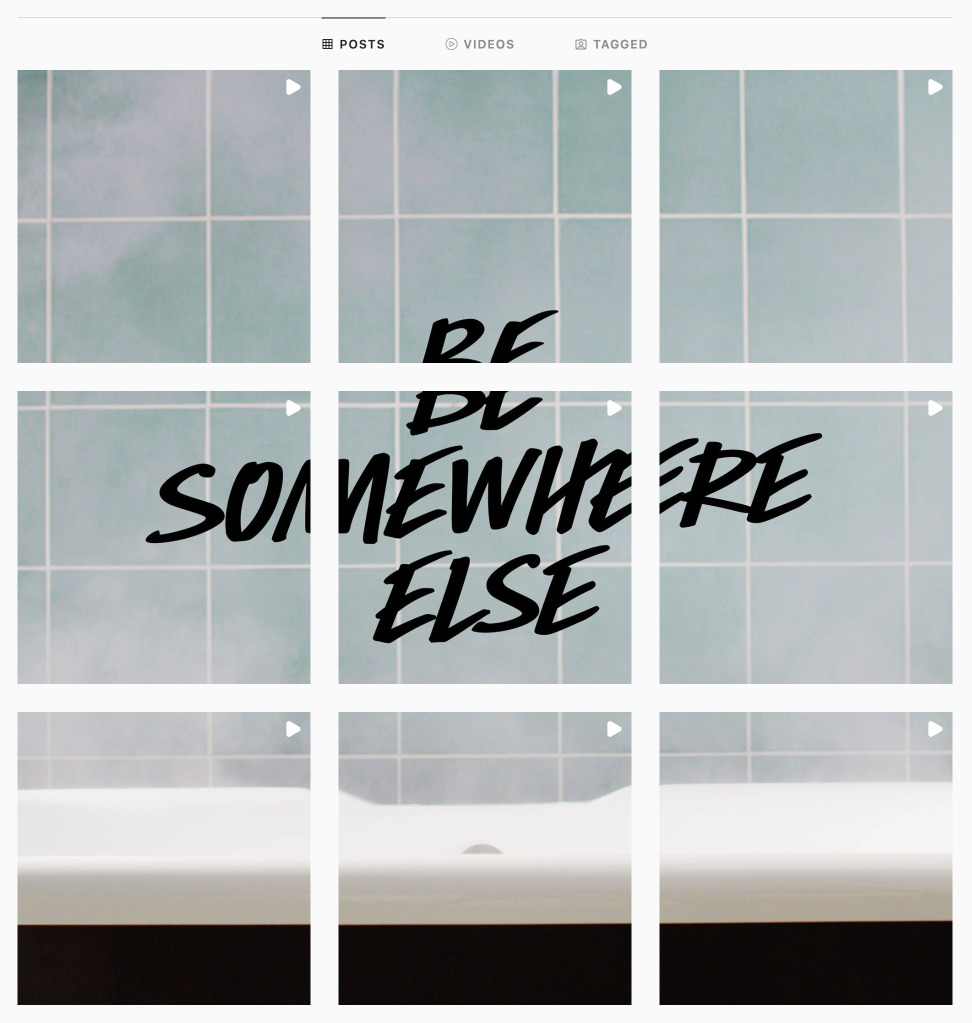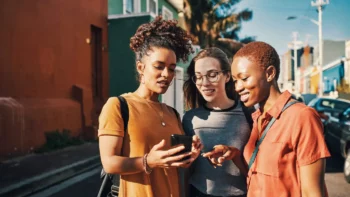
Digital Detox: Why Gen Z Brands are Logging off Social Media
Voxburner Content Team
Brands such as ASOS and influencers such as Emma Chamberlain rely on social media to reach 16-24s, but Gen Z might want to disconnect for a bit. Our Youth Trends Report showed that 54% of 16-24s worry about how much time they spend on social media, 37% have taken a break from using social media for 24 hours or more, and 35% have disabled or deleted a social media account because they wanted a break.
In this post, we’ll focus on two companies who have nearly eliminated their social media presence yet remained popular. What can they teach us about helping Gen Z take some much desired space from the digital world?
Bottega Veneta
In early January of 2021, designer fashion brand Bottega Veneta suddenly announced the closure of its Instagram, Facebook, and Twitter accounts. Given that ecommerce is expected to be the primary channel for selling luxury goods by 2025, the company’s decision to disconnect was shocking.
A Forbes survey showed, however, that social media is not living up to luxury companies’ expectations. Instagram was “very effective” for only 30% of companies who use it — and Facebook for 16%. Agencies often measure success by the level of engagement with content (likes, comments, followers), while luxury brands focus on the number of sales a platform promotes. Bottega creative director Daniel Lee openly admitted he wasn’t a fan of the digital presentation of his brand on social media.
He spoke about how the presentation looked superficial, how the posts “felt empty and took so much effort in such emotionally turbulent times, yet in the end, the concepts lacked depth.” He added that “everyone seeing the same things is not healthy or productive. It doesn’t breed individuality.”
Lush
Yes, we might be biased because this is the second time Lush has made it on the blog recently. But if we’re biased, it’s for a good reason. Lush has not only made the top 25 of Voxburner’s most recent annual Youth 100 survey and been named one of top companies for customer service, but it has also made a bold change to its social media marketing.
It has practically gotten rid of it.
In November 2021 — shortly after Bottega Venetta announced it was leaving Instagram and other platforms — Lush announced its global Anti-Social media policy. Lush would delete its Tik Tok, Instagram, Facebook, and Snapchat until the platforms became safer for young users, no longer exposing them to data breaches and anxiety.
“I’ve spent all my life avoiding putting harmful ingredients in my products. There is now overwhelming evidence we are being put at risk when using social media. I’m not willing to expose my customers to this harm, so it’s time to take it out of the mix,” said CEO and Co-Founder Mark Constantine.
If you pull up the Lush Instagram, you’ll see a message to log off and relax! And each part of the message has thousands of likes.

Though Lush might have significantly curtailed its social media presence, the brand proved not to be entirely anti-social, as it has remained active on YouTube and Twitter.
What can we learn from these brands?
We’ve written all about Gen Z’s social media-induced ‘confidence crisis’ in our previous blog posts. When it comes to a generation struggling with body image and media addiction, sometimes the best way for brands to form a connection is to disconnect for a bit. Gen Z might struggle to distance themselves from social media on their own because they feel as though staying online is necessary to keep up with their favorite brands and trends.
But by disconnecting from many platforms, Lush and Bottega Veneta give Gen Z permission to take a break and unplug. And these brands do not sacrifice their popularity — they make themselves more appealing to a Gen Z audience by demonstrating an interest in their mental health.
We don’t think what we should take away from these case studies is to boycott the social platforms entirely. But their strategies show that we shouldn’t treat social media as a risk-free platform. Instead, marketers should pay closer attention to its psychological effects on young people, think carefully about the context in which their products are being advertised, and reflect on whether its use is essential to reach their organisation’s goals. We can even use the dangers of social media as an excuse to diversify our marketing campaigns and think of more innovative ways than square-shaped photos to get our products out there.



